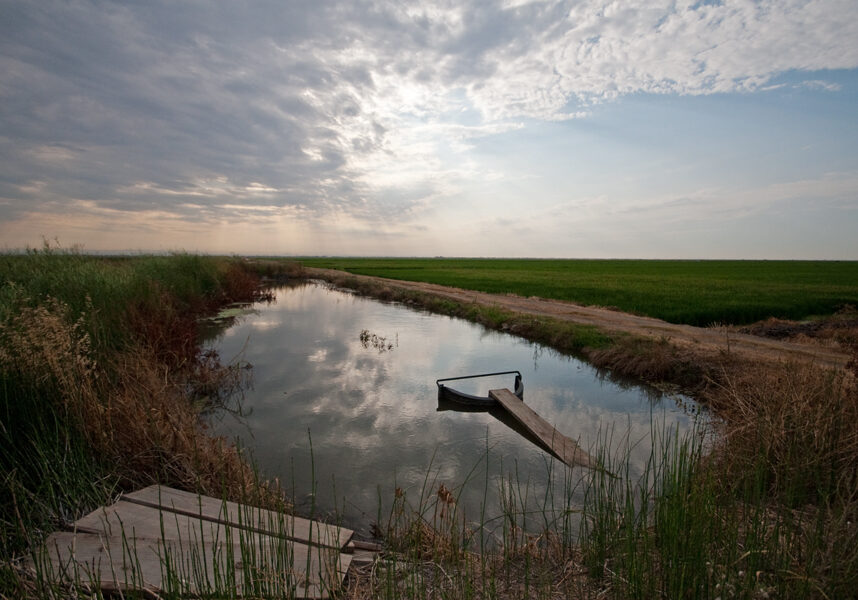Water Quality
California rice has been a leader in improving water quality for more than 20 years by innovatively working with programs that decrease concentrations of select pesticides in the surface water of the rice-growing region.
A Critical Area for California Rice
With approximately 500,000 acres of rice grown annually north of Sacramento, most emphasis has been on the Sacramento River Basin. Beginning in 2003, the California Rice Commission took over full management of the Rice Pesticides Program, assuming the responsibility for monitoring, sampling, analysis, reporting and recommendations. The Rice Pesticides Program is currently specific to one pesticide, thiobencarb, known by the common trade names of Abolish and Bolero.
Irrigated Lands Regulatory Program
From the experience gained with the Rice Pesticides Program, the California rice industry took a proactive role in the Irrigated Lands Regulatory Program (ILRP) as a commodity specific coalition that covers rice growers in the Sacramento River Basin. Irrigated agriculture has operated under an agricultural discharge waiver from 1982 until December 31, 2002. Rice farmers operated under a conditional ILRP that was set to expire in 2011. The conditional ILRP included surface water monitoring of several constituents including, but not limited to, pesticides, nutrients, sediment, turbidity, total organic carbons, toxicity, dissolved oxygen and total dissolved solids. In addition, the program provided management plan development for mitigation purposes.
Long-term Irrigated Lands Regulatory Program
The agricultural community has been working with the Central Valley Regional Water Quality Control Board (CVRWQCB) on specifics of a permanent, long-term ILRP (LT-ILRP) when the conditional program expires. The LT-ILRP is permanent regulation implemented as the Waste Discharge Requirements (WDR) Order. The CRC continues the manage a commodity specific WDR that includes surface water and groundwater monitoring, and nutrient management.
According to regulations imposed by Legislature and the CVRWQCB, property owners of irrigated agricultural lands must decide whether to participate as a group or individual. All conventional and organic rice growers in the Sacramento River Basin receive automatic inclusion in the California Rice Commission Coalition. Acreage other than rice should receive coverage under the Sacramento River Water Quality Coalition. Both landowners and growers share responsibility to maintain proper coverage under the WDR. Rice growers are required to submit Farm Evaluations and Nitrogen Management Plans through an electronic template provided by the CRC to facilitate compliance.






